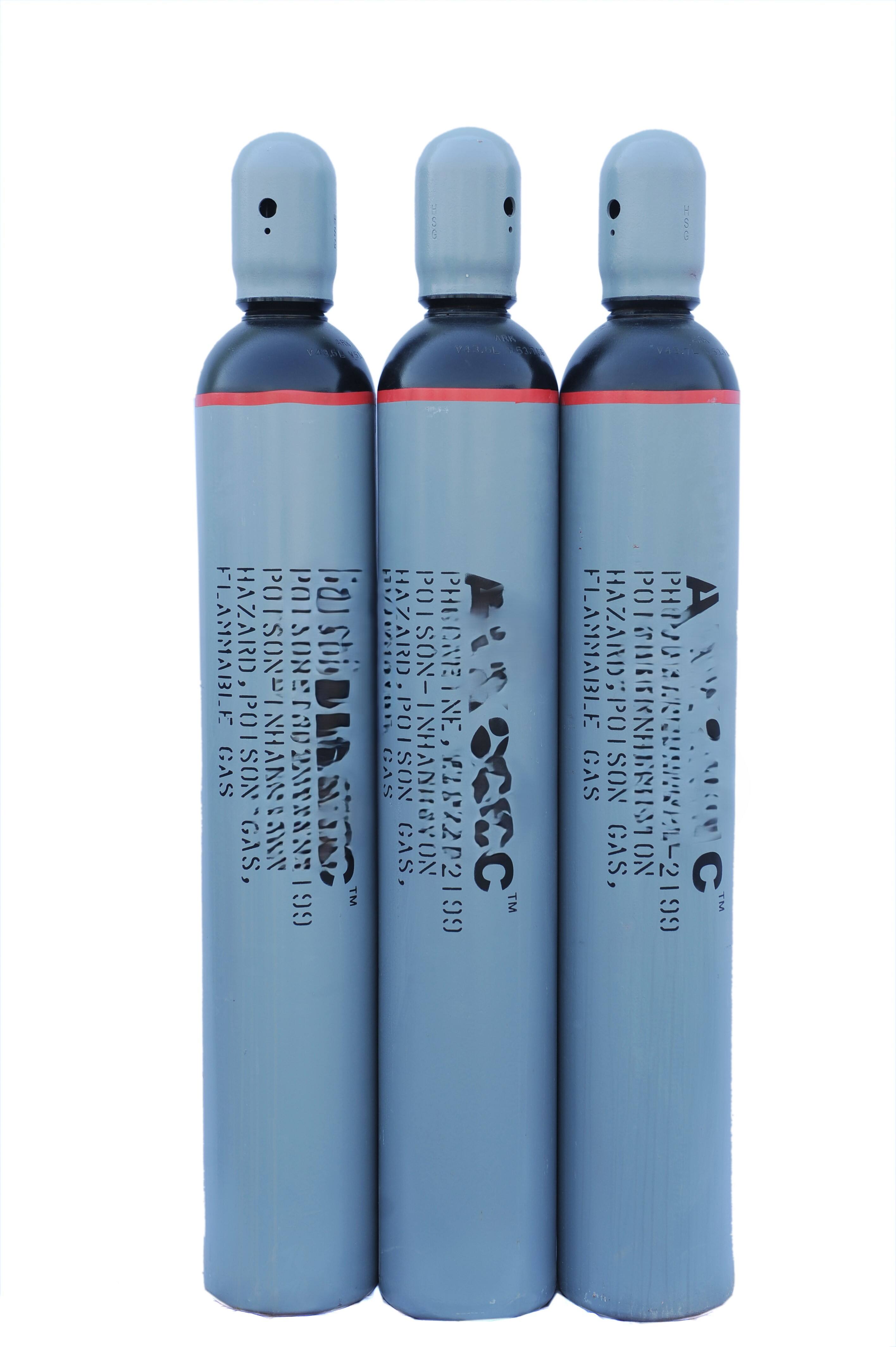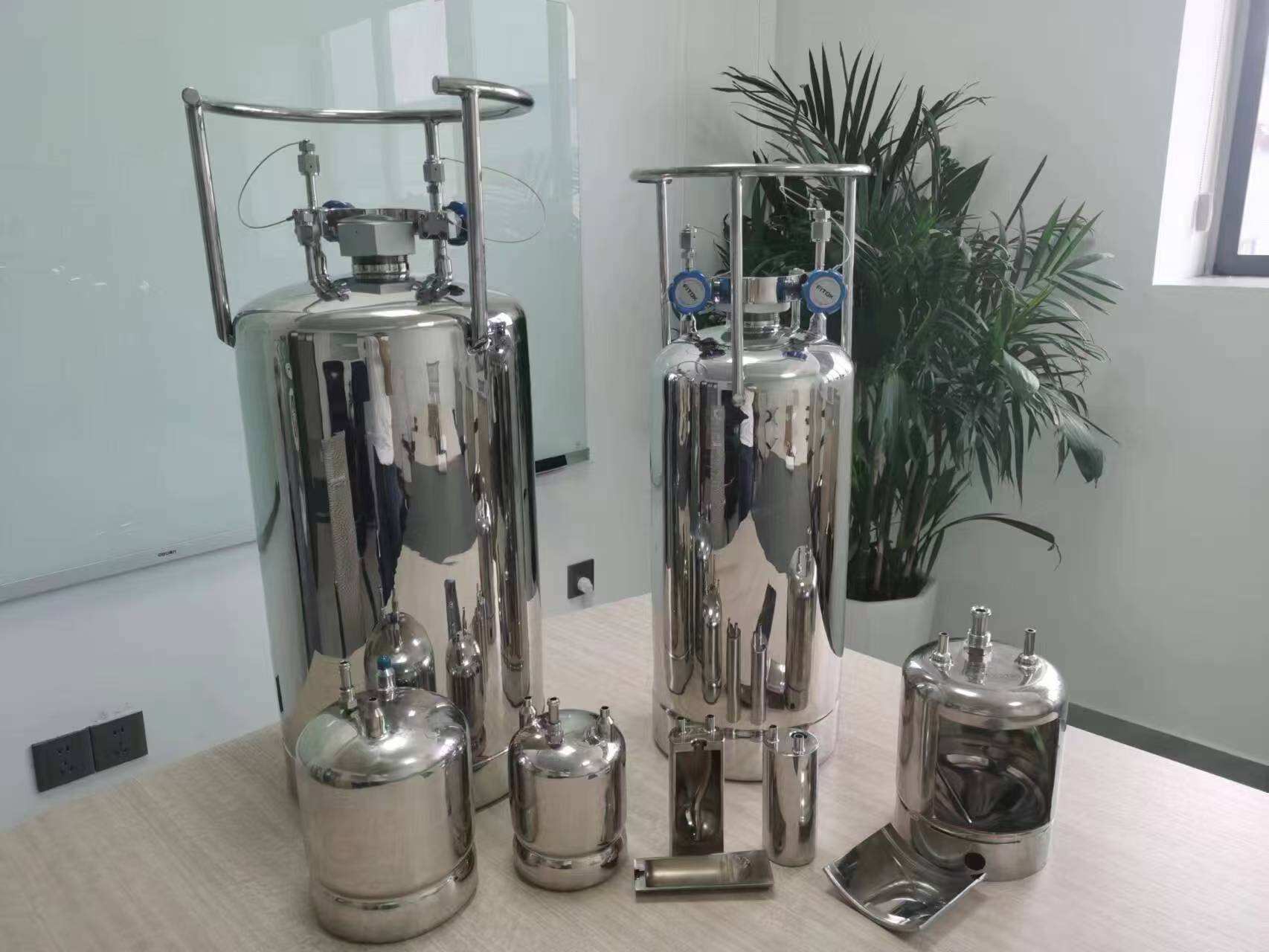Storing gas cylinders in an upright position is crucial for preventing tipping and potential leakage. This method minimizes accidents that could arise from falling cylinders, ensuring a safer environment for everyone involved. To bolster safety measures, it is recommended to use straps, brackets, or chains to secure cylinders against walls or racks. This is especially critical in earthquake-prone areas where seismic events or disturbances are more likely to occur. Maintaining an organized storage area also enhances safety by allowing quick access, reducing the risk of cylinder damage, and promoting efficiency in handling operations.
Ensuring that storage areas for gas cylinders are well-ventilated is essential in preventing the build-up of potentially hazardous gases. Monitoring air quality continually safeguards worker safety by providing an alert system for any danger. Additionally, controlling the temperature in storage areas is vital as temperature extremes can compromise gas cylinder integrity. Keeping storage temperatures within the recommended ranges, generally between 20°F and 85°F, helps avoid dangerous pressure increases and potential ruptures. It is also important to regularly inspect ventilation systems to ensure efficiency and compliance with safety regulations, particularly in managing the presence of flammable or toxic gases.
Ensuring the secure fastening of gas cylinders during transportation is essential to prevent movement and potential impacts. Utilize straps, nets, or specialized holding systems when placing cylinders in transport vehicles. This ensures they remain stationary, minimizing the risk of accidents during transit. To further protect the cylinders, employ shock-absorbent materials or devices in the transport containers, especially when traveling on uneven roads. This precaution helps in reducing the likelihood of damage. Additionally, training personnel on safe handling practices during loading and unloading is crucial to adhere to safety protocols and minimize the risk of injury.
Adhering to regulatory compliance is crucial when transporting hazardous materials like gas cylinders. Familiarize and comply with the local, state, and federal regulations to avoid legal issues and enhance safety. This includes proper labeling and documentation as prescribed by the Hazard Communication Standard (HCS), along with the use of placards indicating the contents and associated risks of the cylinders. Regular audits of transportation procedures should be conducted to ensure that all compliance measures are met. Additionally, provide regular training sessions for staff on regulatory updates to keep them informed about any changes in the requirements.
High-purity Trimethylaluminum (TMA) is vital for semiconductor manufacturing, particularly in metal organic chemical vapor deposition (MOCVD) processes. Utilizing specialized purity cylinder gases ensures minimal contaminants, crucial for achieving low defect rates in semiconductor devices. Industry leaders recommend sourcing TMA from established suppliers who maintain strict quality controls, including traceability and batch analysis. This approach not only supports the integrity of the semiconductor products but also enhances the reliability of the manufacturing process.
Phosphine plays a critical role in precision applications like agriculture fumigation and specialized semiconductor material production. Cylinders containing phosphine must adhere to specific storage conditions to preserve gas integrity, as per manufacturer guidelines. Selecting suppliers with expertise in phosphine mixtures is essential for ensuring optimal formulations tailored to diverse application needs, guaranteeing consistency across deliveries. By maintaining stringent protocols, businesses can ensure phosphine gases meet high standards of purity and functionality.

Tri-Silicon and tetra-silicon gases are crucial for producing advanced electronics and photovoltaic cells, requiring high-purity cylinder gases. Safe handling and storage protocols are essential to prevent chemical reactions that could compromise their integrity. Regular consultations with leading gas suppliers can keep manufacturers updated with advancements in high-purity gas technology for demanding applications. This proactive approach ensures the materials' performance aligns with industry specifications and innovation demands.

To maintain gas purity and ensure cylinder integrity, implementing contamination prevention strategies is crucial. A robust filtration system should be integrated into the gas delivery process to eliminate particulate contamination. This step is vital for preserving the quality of high-purity applications. Conducting regular training sessions for staff on best practices for cylinder handling is equally important. These sessions emphasize the importance of cleanliness to prevent exposure to external contaminants. Additionally, utilizing vacuum testing and gas analysis techniques plays a significant role in monitoring and maintaining gas purity throughout the cylinder's lifespan, ensuring its reliability for precise applications.
Establishing a regular inspection and maintenance schedule is essential for the longevity and safety of gas cylinders. Start by developing a routine inspection plan, focusing on visual signs of wear, rust, or damage that could undermine safety standards. Maintaining detailed records of all inspections and maintenance activities helps ensure compliance with safety regulations and enhances organizational accountability. Moreover, implementing a proactive maintenance approach that includes periodic pressure testing and planned retirement for older cylinders guarantees their optimal performance. This approach not only extends the lifespan of the cylinders but also secures the integrity of the gases they contain, supporting a wide range of industrial applications.
Implementing IoT-based smart tracking systems for gas cylinder management can drastically enhance efficiency. These systems provide real-time monitoring of cylinder locations and usage, streamlining inventory management. The automated alerts feature allows organizations to set reminders for refill needs, reducing downtime and ensuring a consistent supply which is vital for maintaining production schedules. By analyzing tracking data, businesses can optimize cylinder rotation practices, leading to reduced gas waste and lowered operational costs. Such technological advancements in smart cylinder tracking contribute significantly to improved overall gas management systems, ensuring seamless operations and supply chain efficiency.
Exploring advanced composite materials for gas cylinders is crucial for improving ergonomics and transportation efficiency. The development of lightweight cylinders can significantly reduce fuel consumption during transport, aligning with sustainability goals and aiding in the reduction of carbon emissions. Research indicates that these advanced materials can enhance safety features while maintaining structural integrity under stress, promoting safer logistics. Utilizing lightweight gas cylinders not only benefits environmental objectives but also optimizes the handling and transport of gases, making it a cornerstone of modern transport solutions in industries reliant on purity cylinder gases.